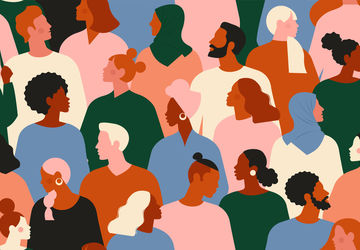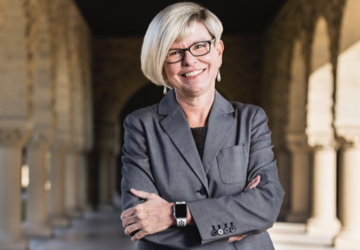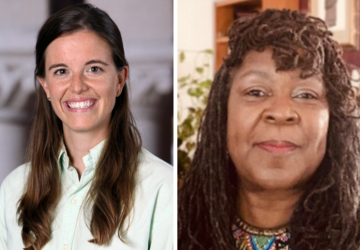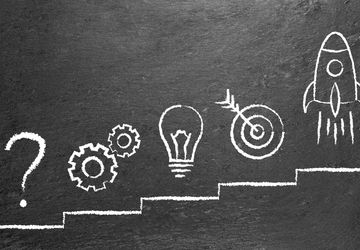Blog
Our public impact-focused team shares timely analysis, insights, news, and ideas about the ways universities, governments, businesses, and nonprofits are working together to use evidence and experience to make progress on the world’s hardest social challenges.
Sarah Jane Staats*
The first automated text messages just went out to dozens of Santa Clara County public defender clients to remind them when to appear for court hearings. Santa Clara County Assistant Public Defender Sarah McCarthy and Stanford Computational Policy Lab Executive Director Alex Chohlas-Wood explain how they developed the technology with The Bail Project and how the research and practice partnership funded by Stanford Impact Labs is helping them find new ways to reduce the chances individuals are held in jail before their trials.
Toronto Star reporter Nicholas Keung writes about the work of Stanford's Immigration Policy Lab and Immigration, Refugees, and Citizenship Canada to pilot a new algorithm to match immigrants with communities where they are most likely to do well. The impact lab, AI for Immigrant Integration, is one of six to receive start-up funding from Stanford Impact Labs in 2021.
Seven tips for academics working with partners to turn social science into social change
Using scientific insights about social problems—like gender inequality in the workplace—and developing workable solutions to solve them requires new and different kinds of partnerships between scholars and practitioners. Stanford Impact Labs’ associate director, Shelley Correll, shares seven tips for making these partnerships work. Hint: start with empathy; listen, don’t lecture; and build a cross-cutting team to turn insights into impact.
Every year, tens of thousands of children are incarcerated in juvenile detention facilities. Hattie Tate, administrator of Oakland Unite’s Juvenile Justice Center, and Katie Remington Cunningham, research director for the Minnesota Justice Research Center, describe their work with a team of more than a dozen researchers and school district leaders to use insights about social belonging to help returning students thrive.
Stanford Impact Labs Invests $3 Million in New Impact Labs Driving Social Change
Stanford Impact Labs' Operations Lead Leah Hazard explains how finalists were chosen from more than 50 teams who applied. She shares Q&As with each team about how they plan to use social science and practical insights to improve people’s health, education, economic opportunity, and well-being in the Bay Area and across the globe.




